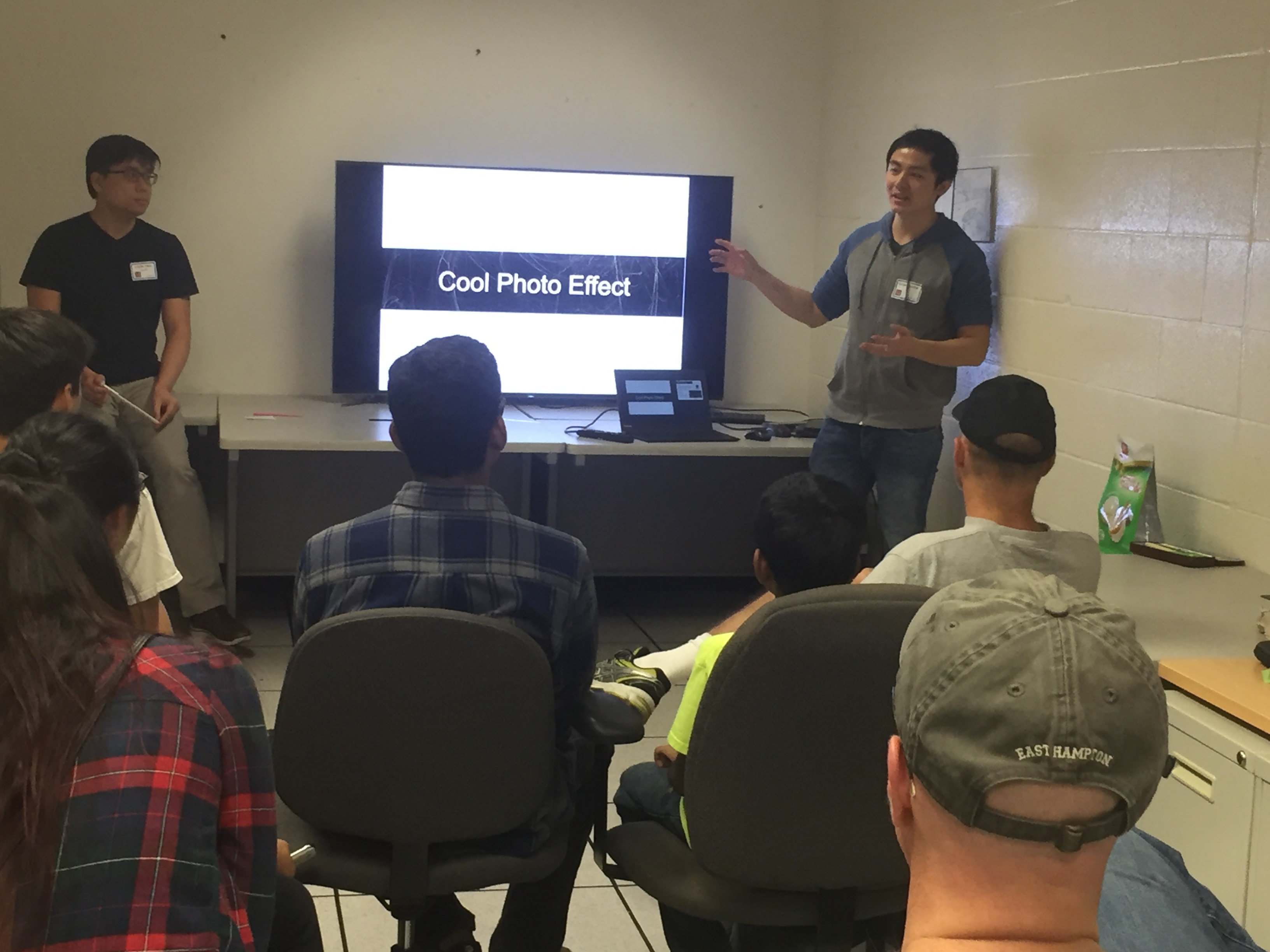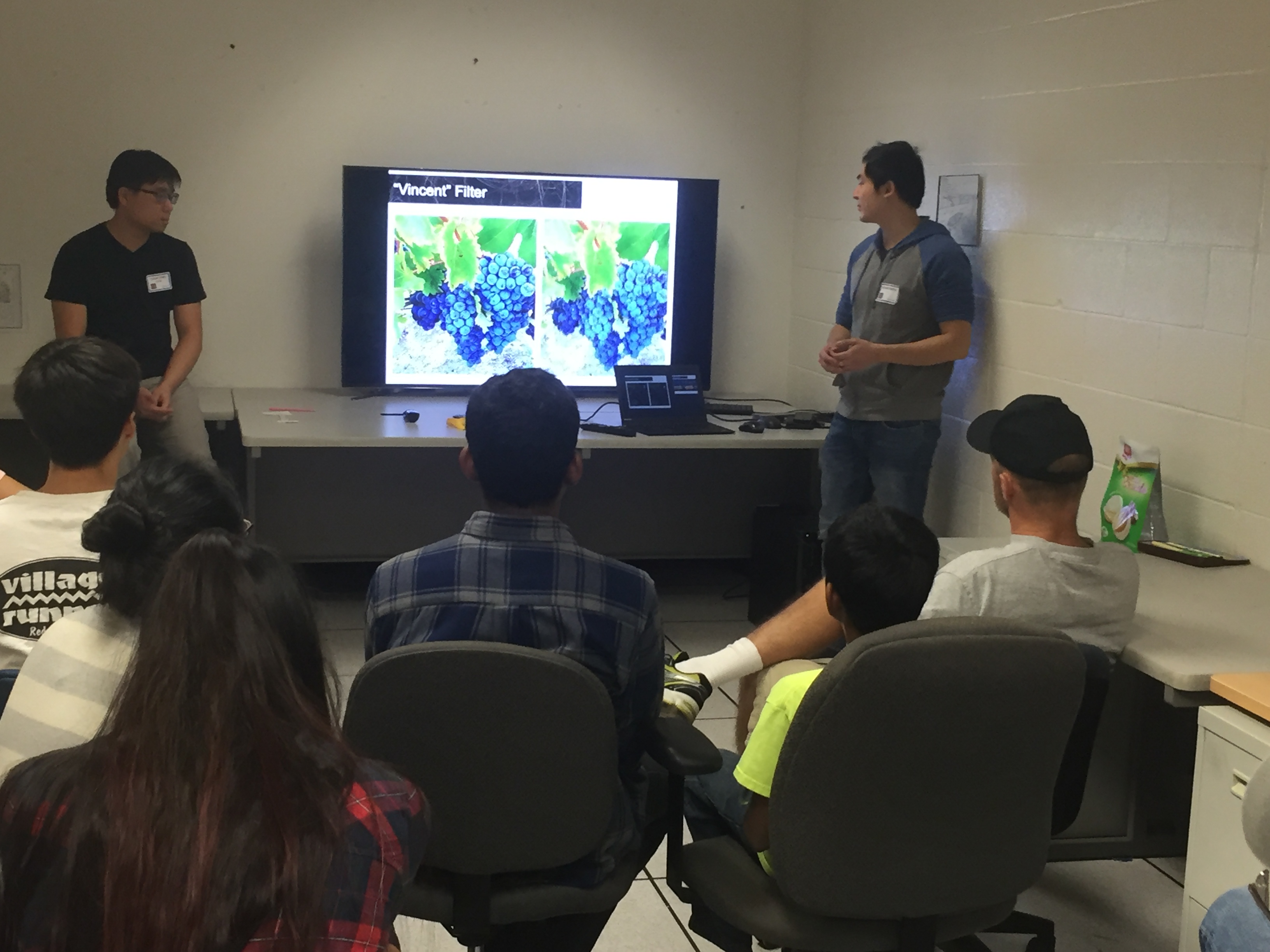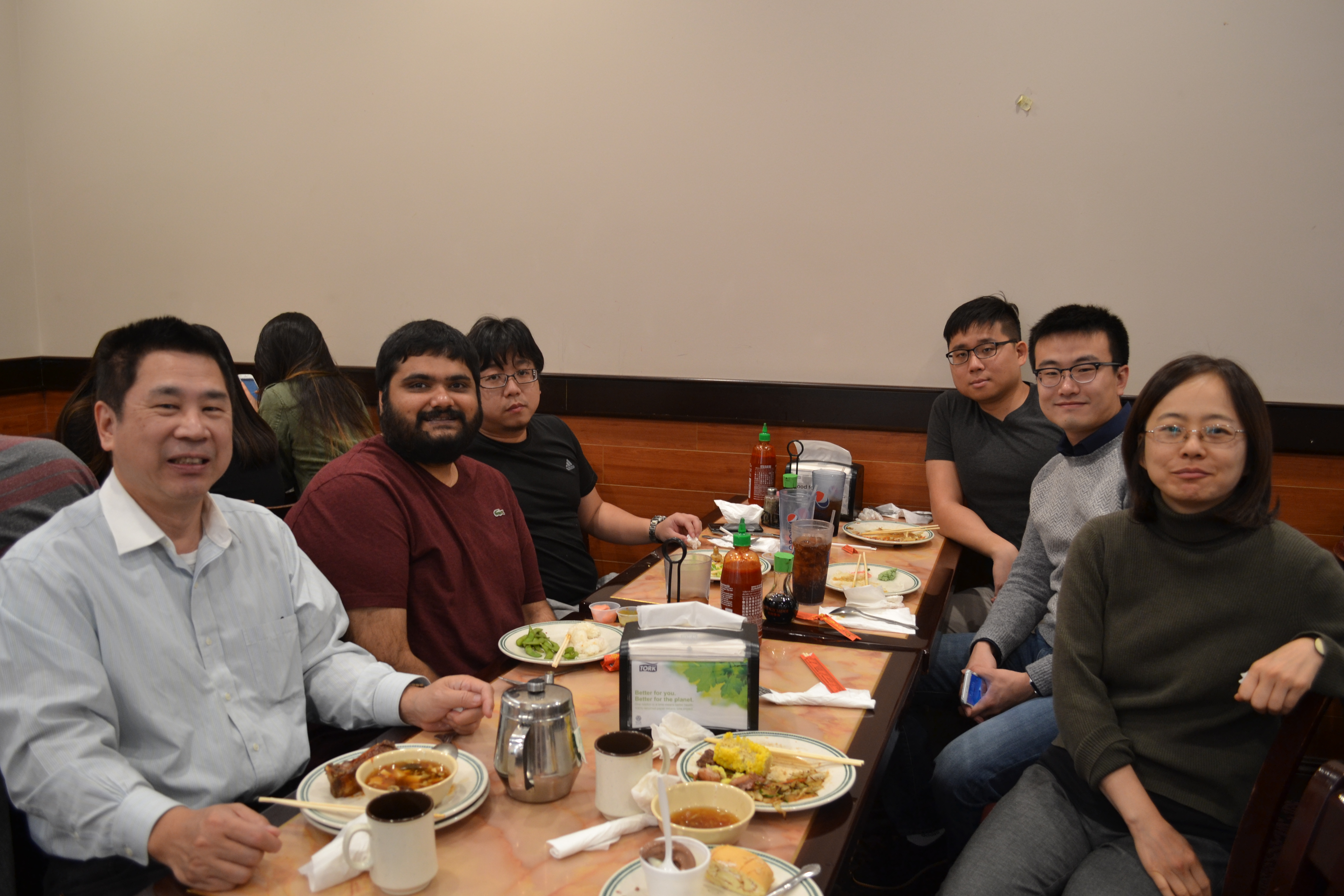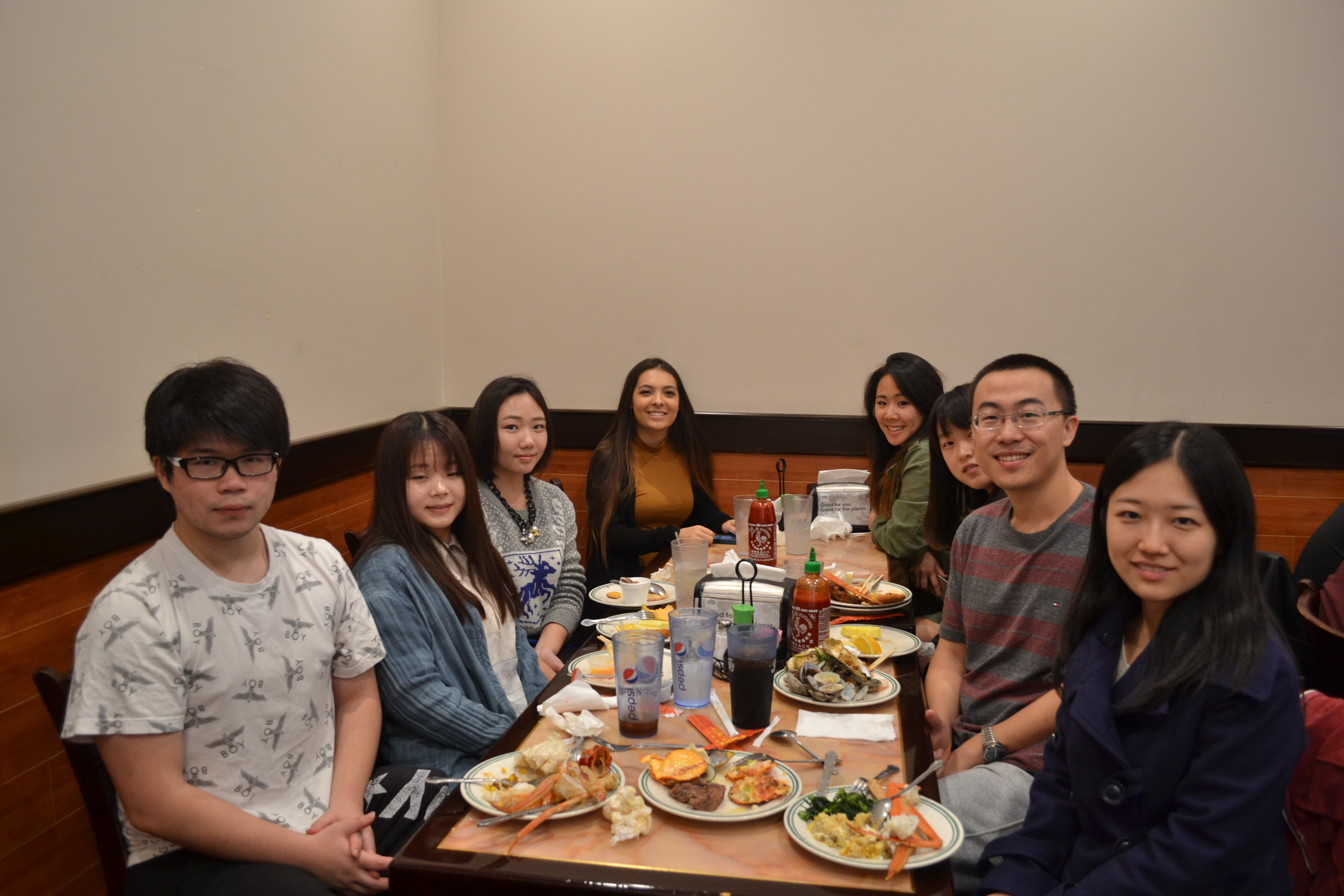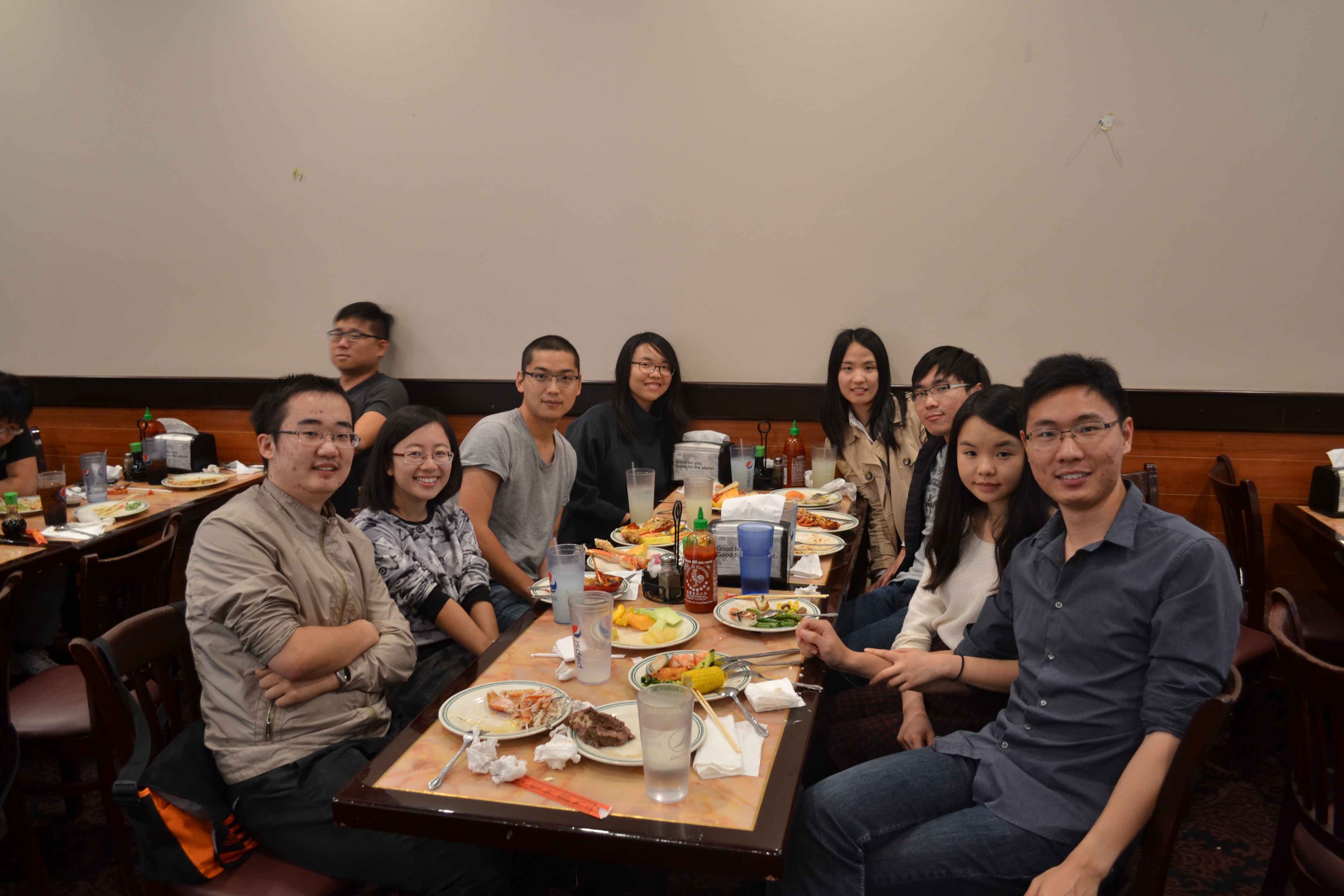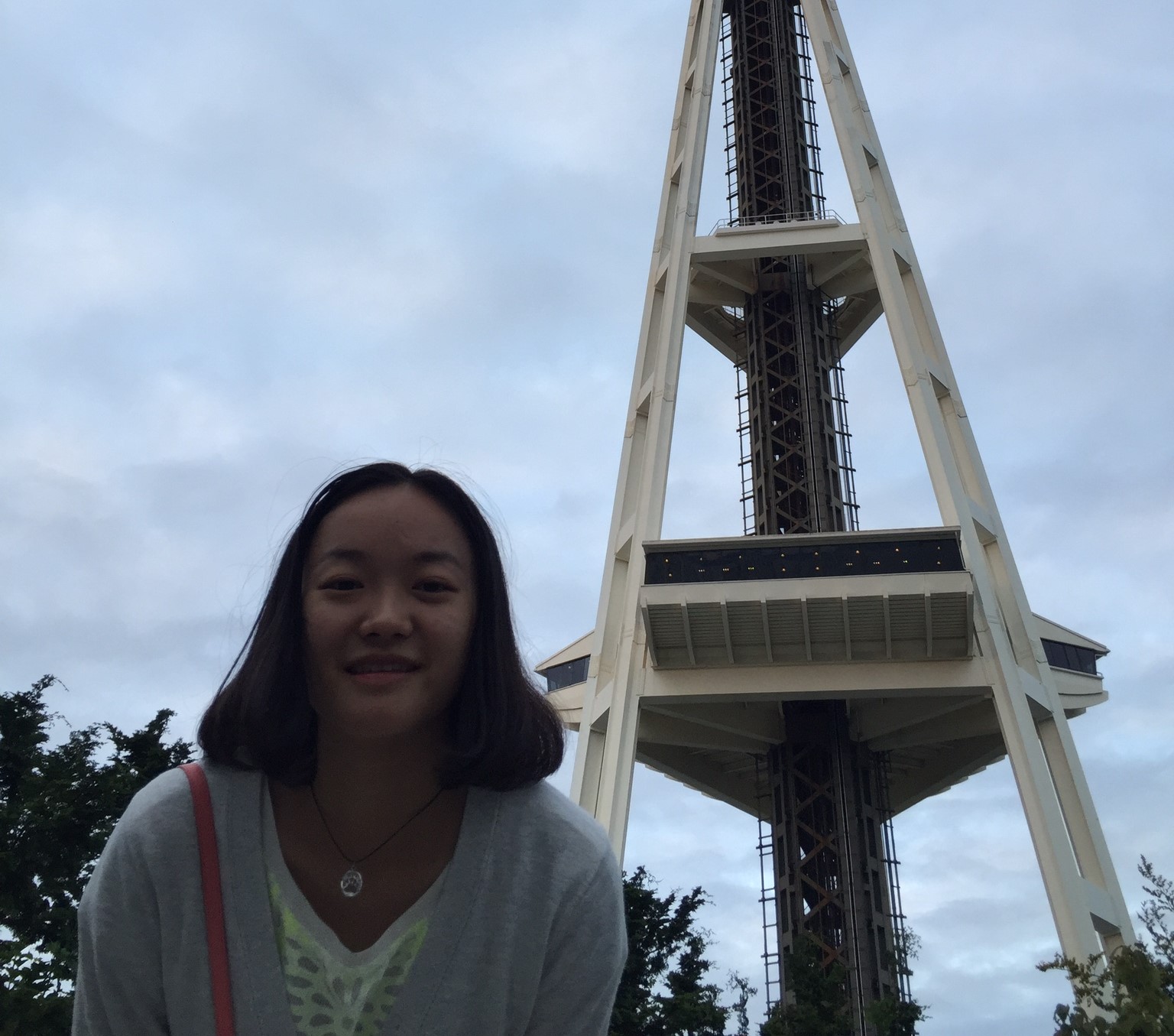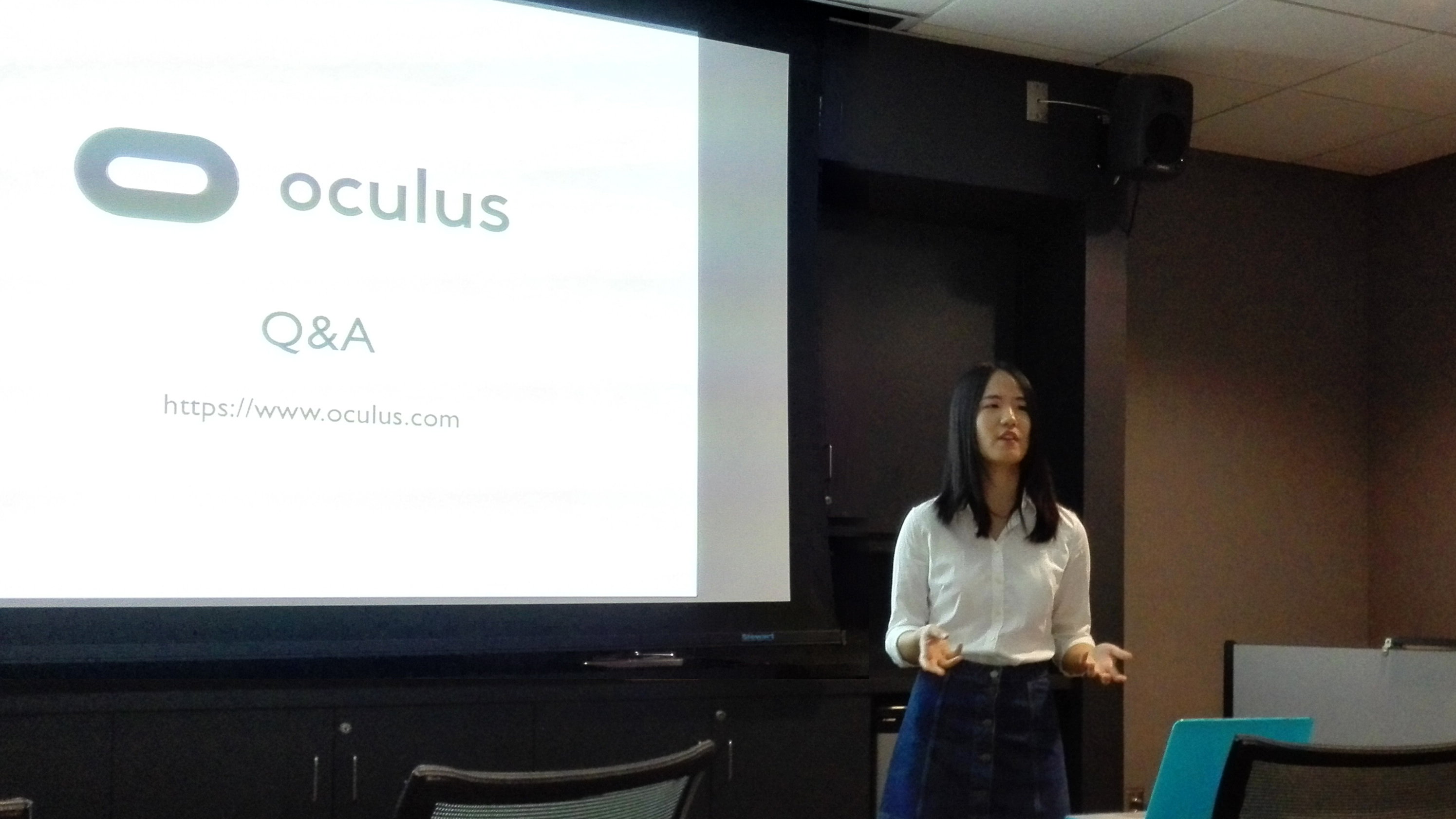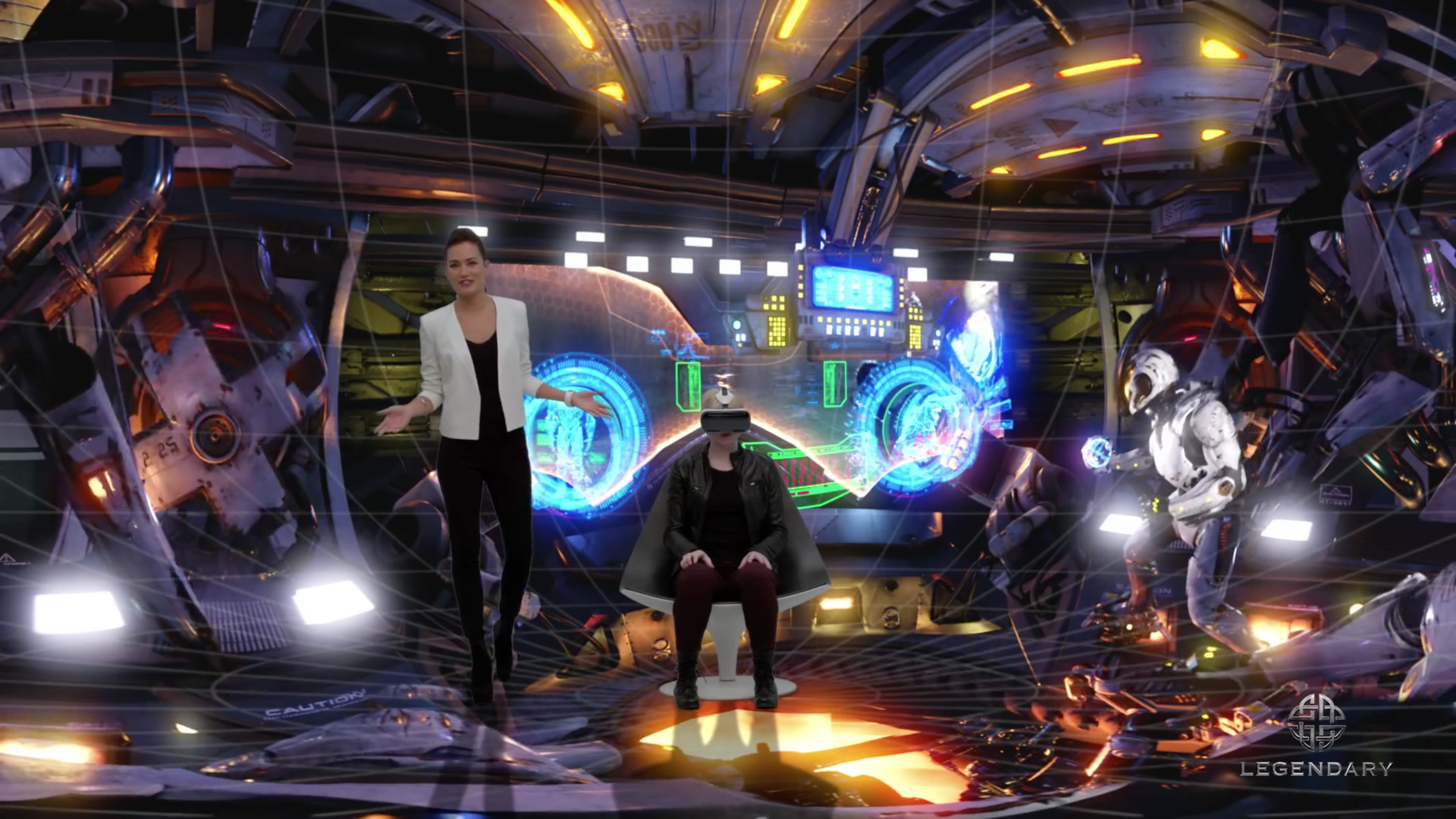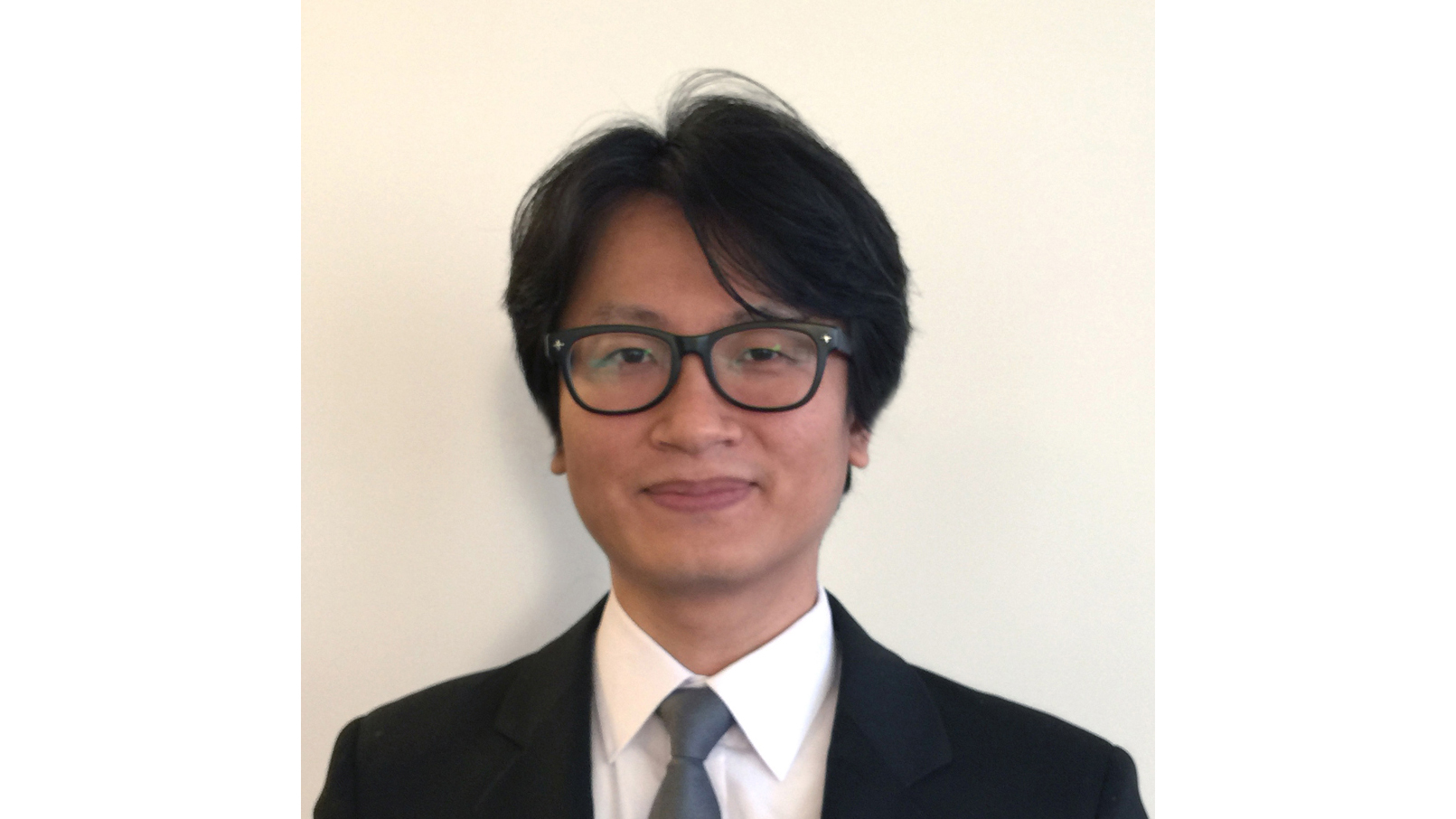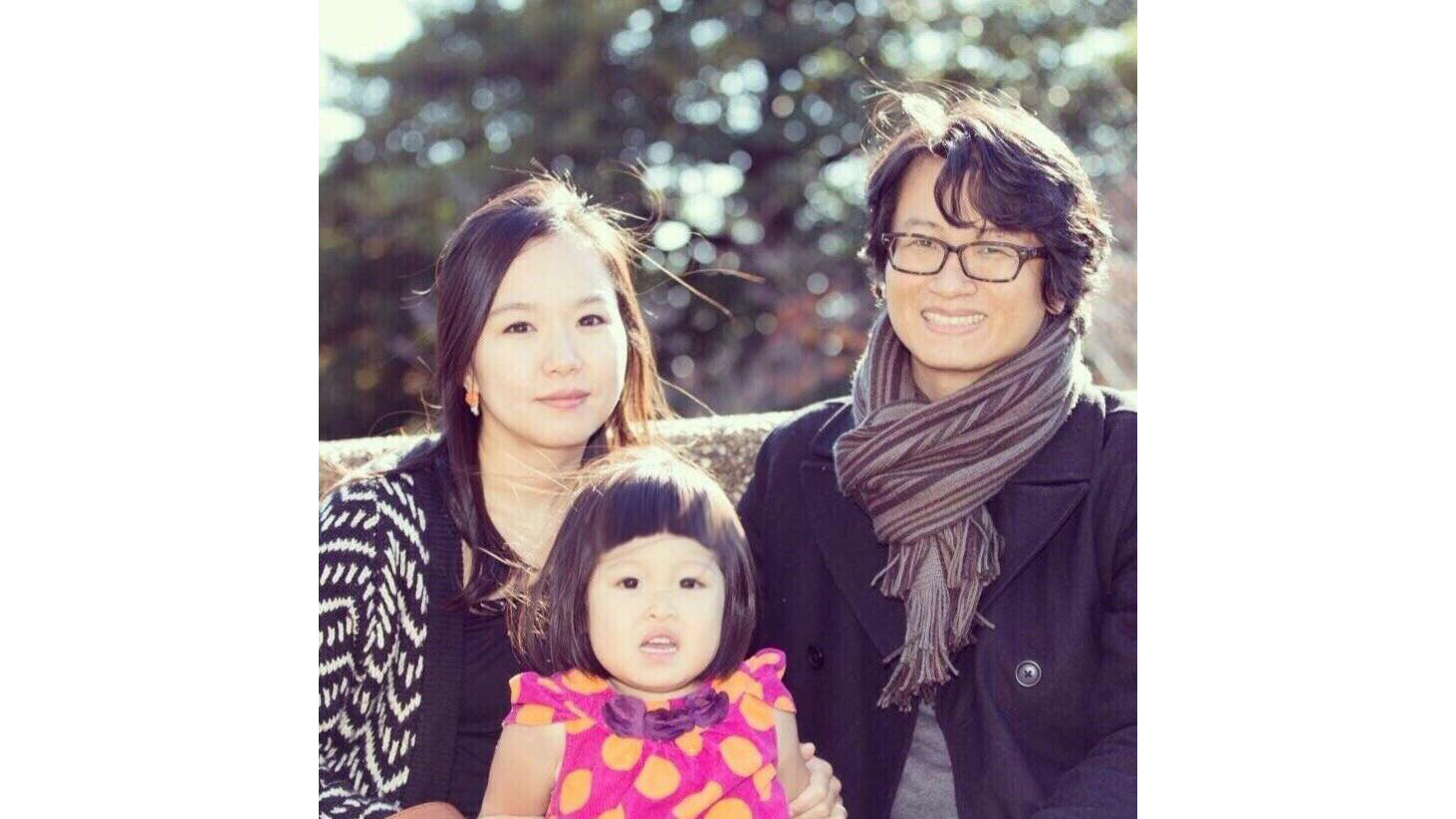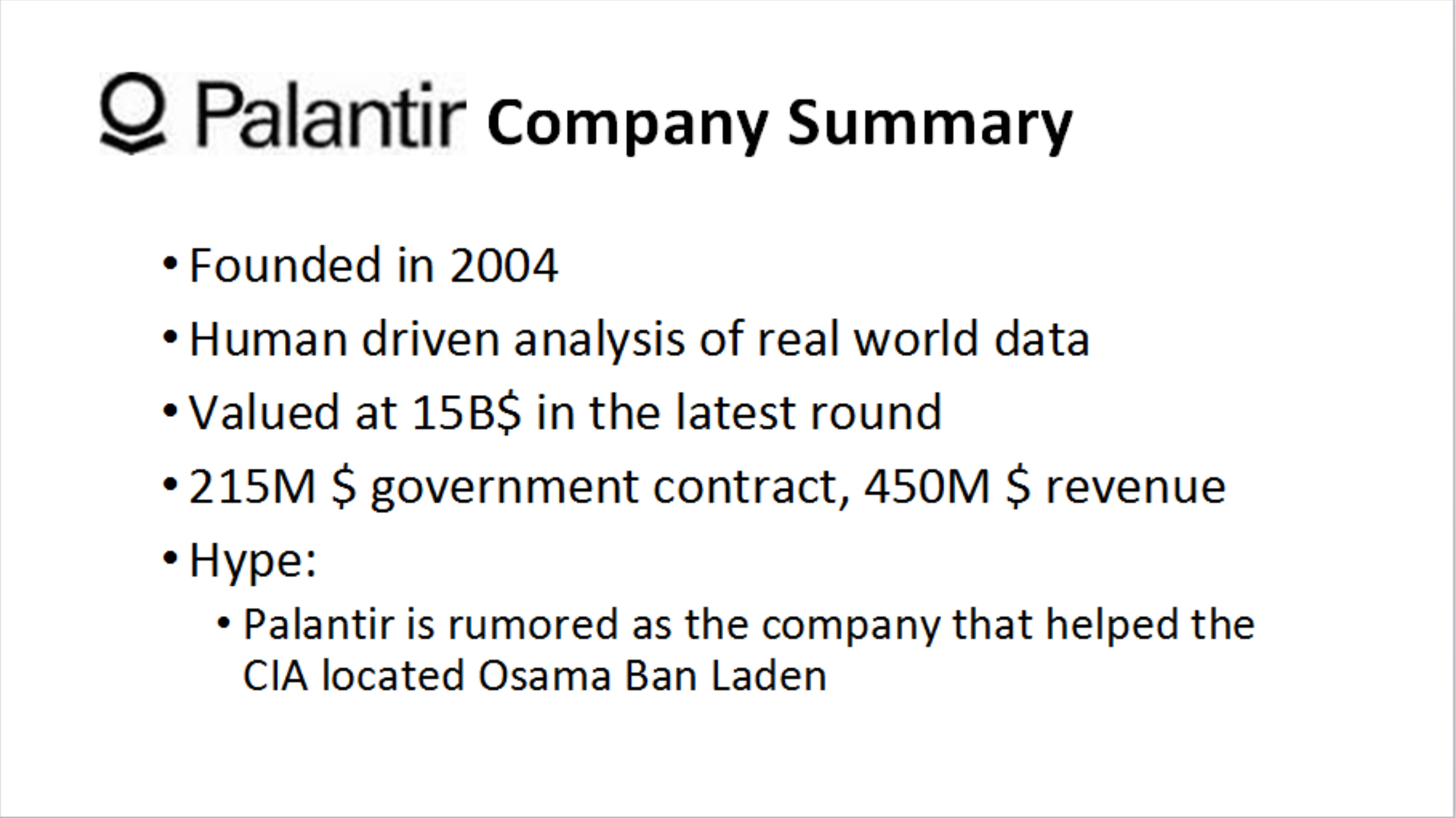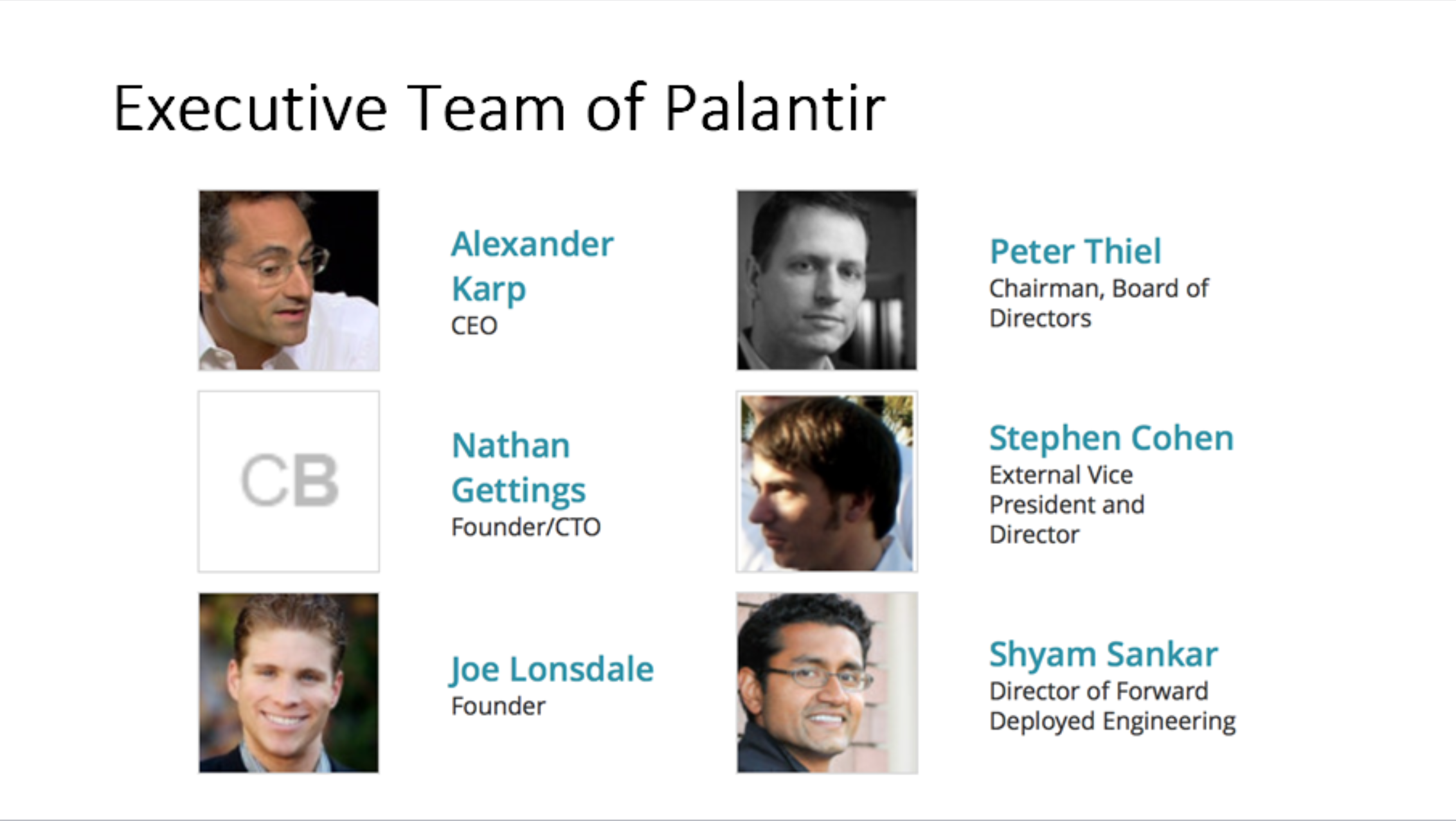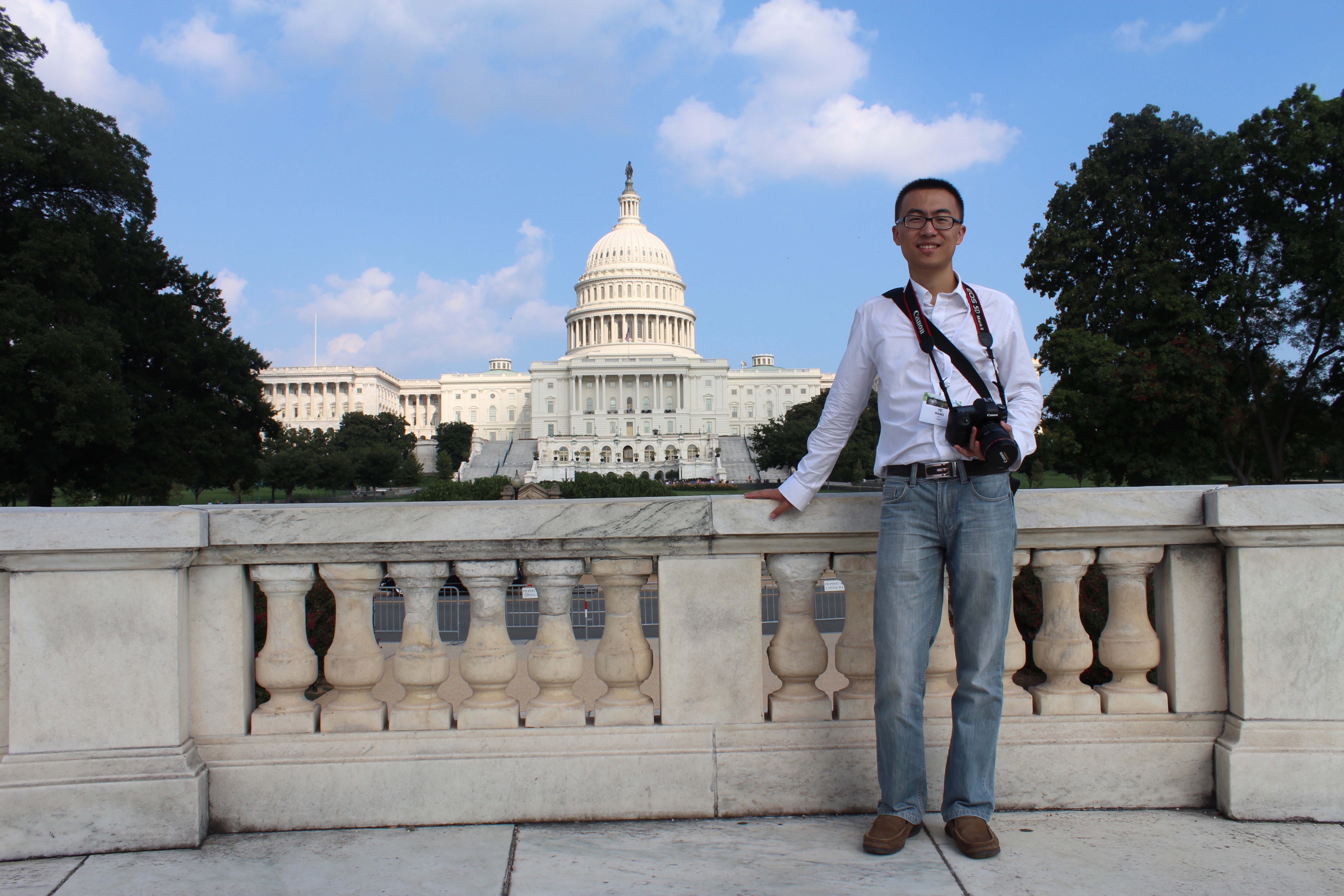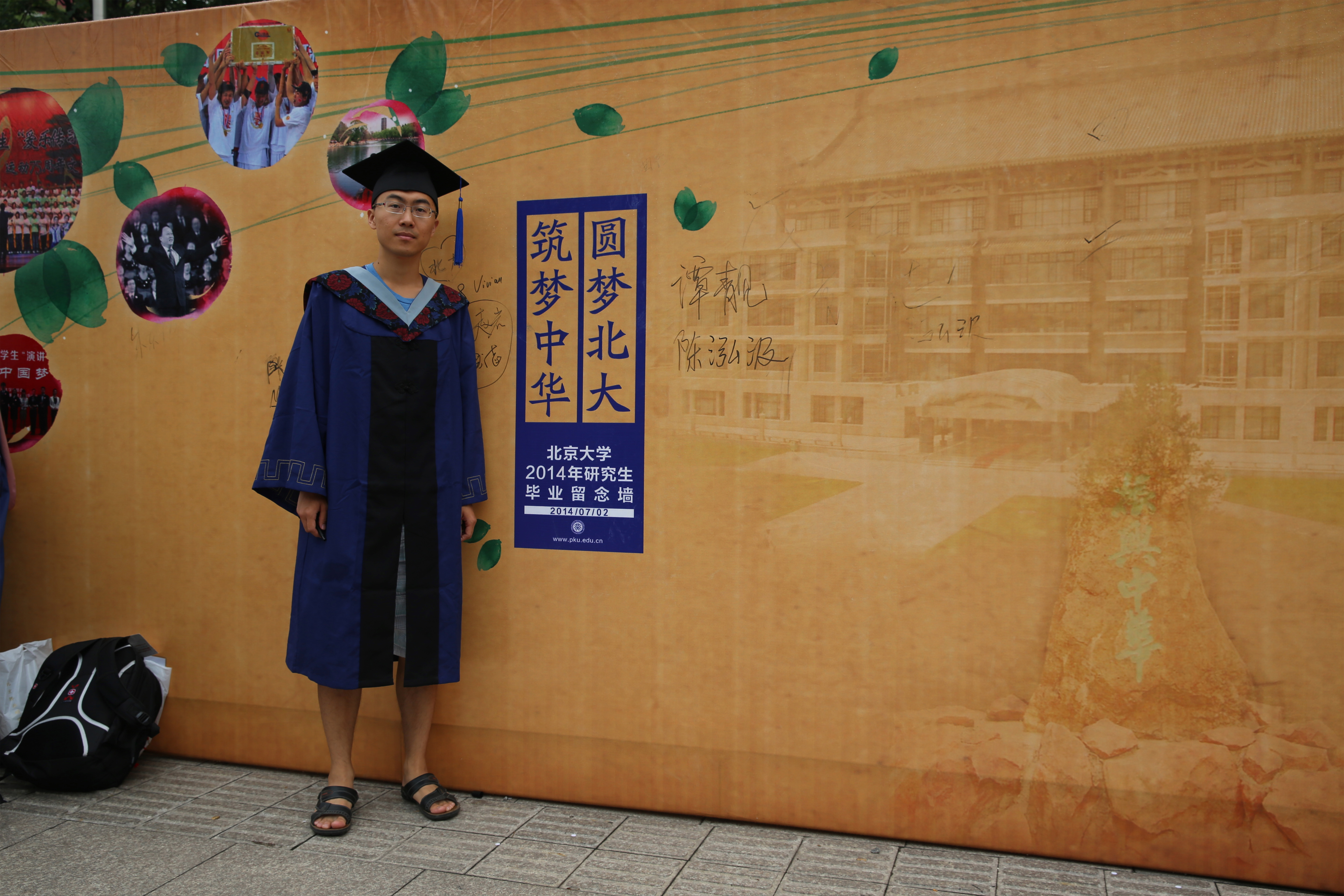MCL lab tour in the open house event, Discover USC
USC holds a large open house event, Discover USC, for prospective students each year. As part of the event, Viterbi School of Engineering holds a #ViterbiEXPO highlighting all of our programs, projects, faculty and students.
The Multimedia Communication Lab actively participates in Discover USC each year, and there is no exception for this year. As one of the largest programs, MCL lab tour aimed at explaining advanced research and achievements in computer vision and image processing to prospective students who might be interested. To make the tour more fascinating and easier to understand, interesting special effects filter, face warping videos, baby face predictor, super resolution images, as well as 3D images and video clips were demonstrated. Many parents and students showed great interests in the research topics and asked a lot of questions during the tour.

